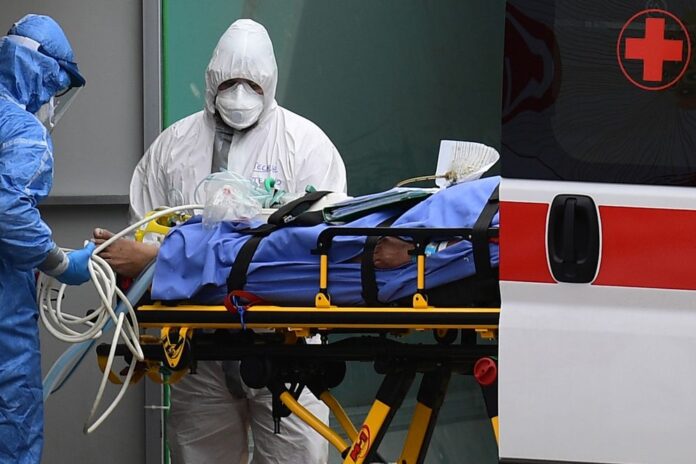Bengaluru: Karnataka crossed the one lakh covid-19 cases mark on Monday, showing how the southern state that was lauded for containing the health crisis fairly well, lost control of the situation as soon as it started unlocking way before others.

Fuelled by a spike in cases in in Bengaluru, the situation in Karnataka took a turn for the worse since the beginning of July breaching the 2000 mark per day initially, and now clocking over 5000 per day. Karnataka now has almost as many cases as all of Canada, Iraq and Ecuador and can be placed third over Indonesia in South-east Asia.
From 1 July, Karnataka added over 86,223 new cases while Bengaluru accounted for half of that number at 42,368 as against 15,242 and 4555 on 30 June respectively data shows. Karnataka recorded its highest single day spike on Monday as 5324 tested positives including 1470 in Bengaluru.

“We have to learn to live with covid-19,” B.S.Yediyurappa said on Monday, indicating how people had to get back to their daily lives despite the looming threat of the virus. Though the state could do little about the surge, experts and opposition leaders among others point out the lack of preparedness, delays in testing, near non-existent practice of contact tracing, unavailability of ambulances and hospital bends that has added to the challenges in its battle and added to the death toll.
Since the beginning of July, covid-19 claimed 1707 lives across Karnataka and 822 in Bengaluru as against 246 and 95 respectively as on 30 June, data shows. The death toll had diluted the narrative that Bengaluru was doing better than its counterparts in India and other parts of the world. Though Karnataka has the third highest number of active cases in the country, it stands 10th in terms of testing with 18702 tests done per million people.
Experts also say that if the majority of the cases remain asymptomatic, it would be easier to manage. The number of patients getting treated in an intensive care unit (ICU) has gone up from 271 on 30 June to 632 as on Sunday. Naming officials and ministers to head various verticals added more people into supervisory roles while the shortage of people to actually carry out those responsibilities like door-to-door surveys and contact tracing added to the challenges, experts say. “Once you have enough manpower for both field work and hospitals, most of these issues will be taken care of,” Dr Giridhar Babu, professor and head of Lifecourse Epidemiology, Public Health Foundation of India (PHFI). Dr Babu is also part of ICMR (Indian Council of Medical Research) task force on Epidemiology and Surveillance.
As part of its course correction, the government is now trying to fix these teething issues by recruiting more personnel including final year medical college students and others to bridge the gap in its gaping healthcare system and allow more businesses and other activities to reopen and help people get on with their lives and livelihood. It has ruled out further lockdowns in Bengaluru and other parts to facilitate reopening of businesses that would help ease the pressure on the already fledgling economy and acute fund crunch.
Easing government-imposed restrictions may have little to do with the spread of the virus, especially with people disregarding basic safety precautions like wearing masks and following social distancing protocols. But if the government cannot fix the problems it currently faces, then the state would be better off to follow the suggestion made by B.Sriramulu, the health minister, who remarked that only “god can save us”.


Comments are closed.